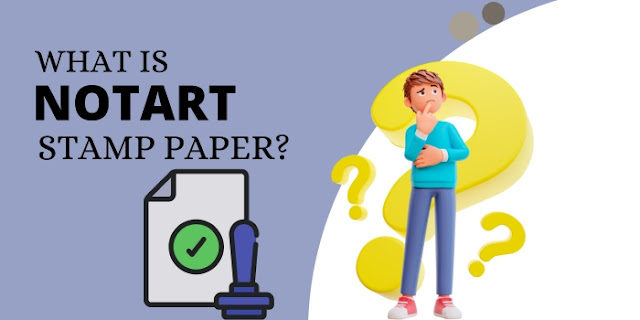Rent Agreement vs Lease Agreement: What's the Difference?
When entering into a rental arrangement, whether as a landlord or a tenant, understanding the nuances between a rent agreement and a lease agreement is crucial. While the terms are often used interchangeably, they carry distinct legal implications and obligations for both parties involved. In this article, we'll delve into the key differences between these two types of agreements to help you make informed decisions in your real estate transactions.
Duration of the Agreement
One of the primary distinctions between a rent agreement and a lease agreement lies in their duration. A lease agreement typically spans a longer period, often six months to a year or more, providing a sense of stability for both the landlord and the tenant. On the other hand, a rent agreement, also known as a rental agreement or a month-to-month agreement, typically renews on a monthly basis, offering more flexibility in terms of termination.
Renewal and Termination
Lease agreements typically have a defined term, after which they may automatically renew or convert to a month-to-month agreement unless either party gives notice of termination. In contrast, rent agreements generally continue on a month-to-month basis until either the landlord or the tenant decides to terminate rent agreement with proper notice, which is often 30 days.
Rent Payment Structure
In both types of agreements, tenants are required to pay rent for the right to occupy the property. However, the payment structure may differ. In a lease agreement, the rent amount is usually fixed for the duration of the lease term, providing predictability for both parties. Conversely, in a rent agreement, the rent amount may be subject to change with proper notice from the landlord, allowing for adjustments to market conditions or other factors.
Legal Implications
Lease agreements typically offer greater protection and stability for both landlords and tenants due to their longer duration and specific terms and conditions. They often outline responsibilities regarding maintenance, repairs, and other aspects of tenancy in more detail. Rent agreements, while providing flexibility, may offer less legal protection and may be subject to more frequent changes.
Security Deposits
Both lease agreements and rent agreements may require tenants to pay a security deposit upfront, typically equivalent to one or two months' rent. This deposit serves as a form of financial protection for the landlord against damages or unpaid rent. However, the regulations surrounding security deposits may vary depending on local laws and the type of agreement in place.
Flexibility and Adaptability
Rent agreements offer greater flexibility for both landlords and tenants, allowing for shorter-term arrangements and easier adjustments to changing circumstances. This can be beneficial for individuals who may need temporary housing or for landlords who wish to maintain flexibility in managing their properties.
Conclusion
While rent agreements and lease agreements serve the same fundamental purpose of facilitating the rental of property, they differ significantly in terms of duration, renewal and termination procedures, rent payment structure, legal implications, security deposits, and flexibility. Understanding these differences is essential for both landlords and tenants to ensure that their rights and obligations are clearly defined and protected. Whether you're considering renting out your property or searching for a place to live, consulting with legal professionals or real estate experts can help you navigate the complexities of rental agreements effectively.



Comments
Post a Comment